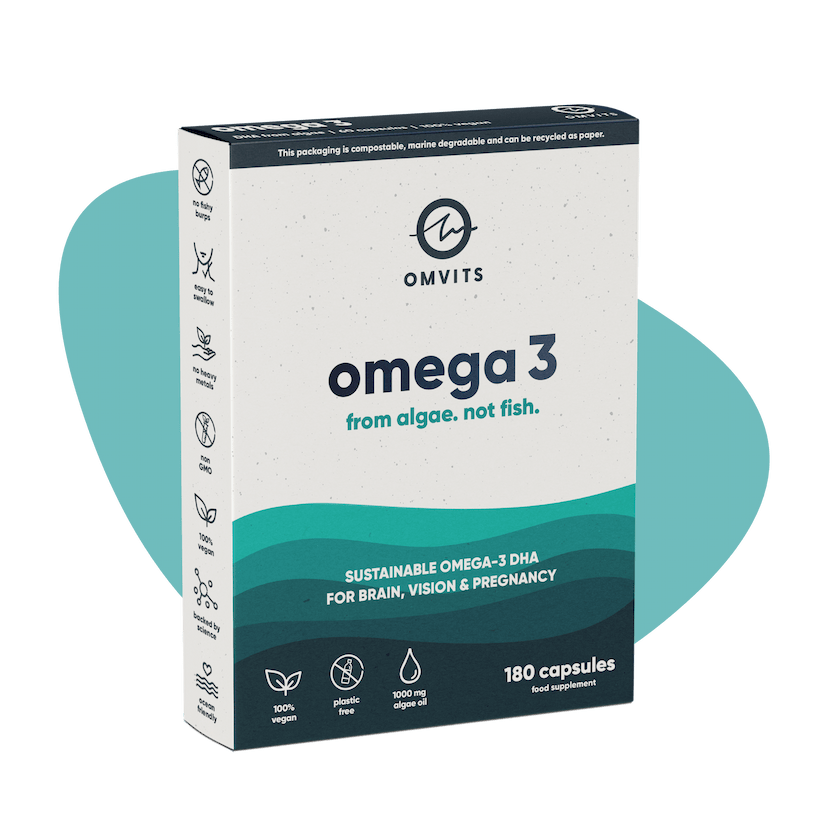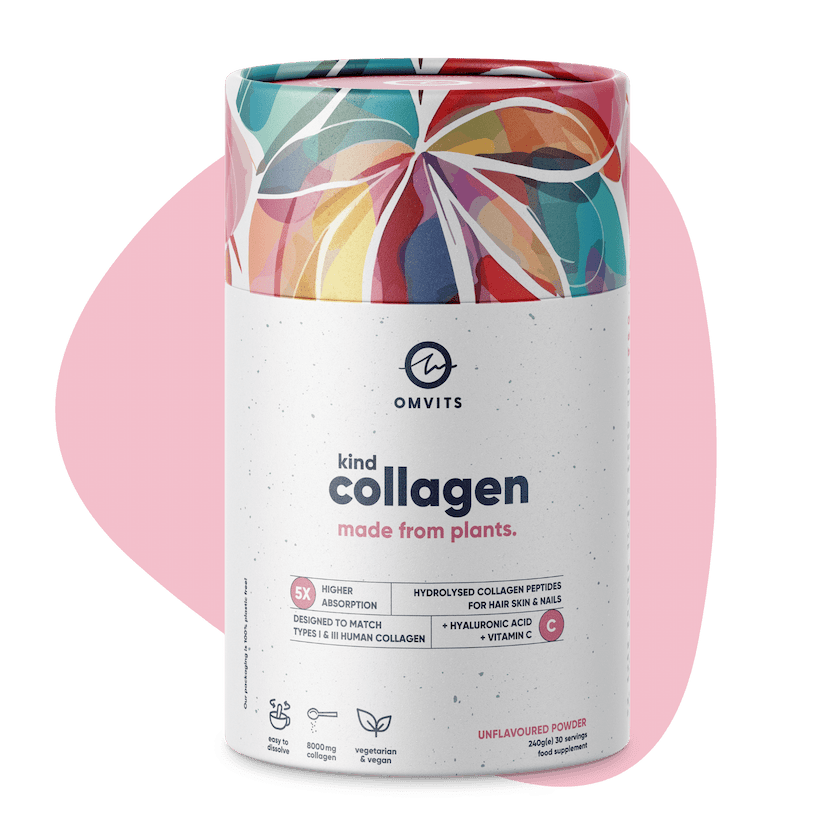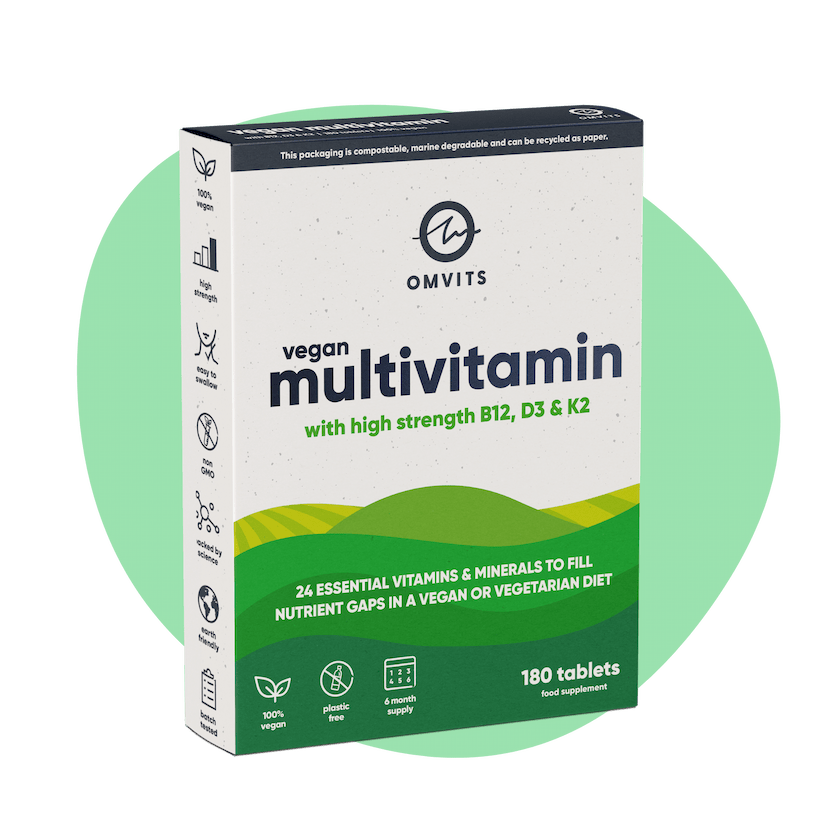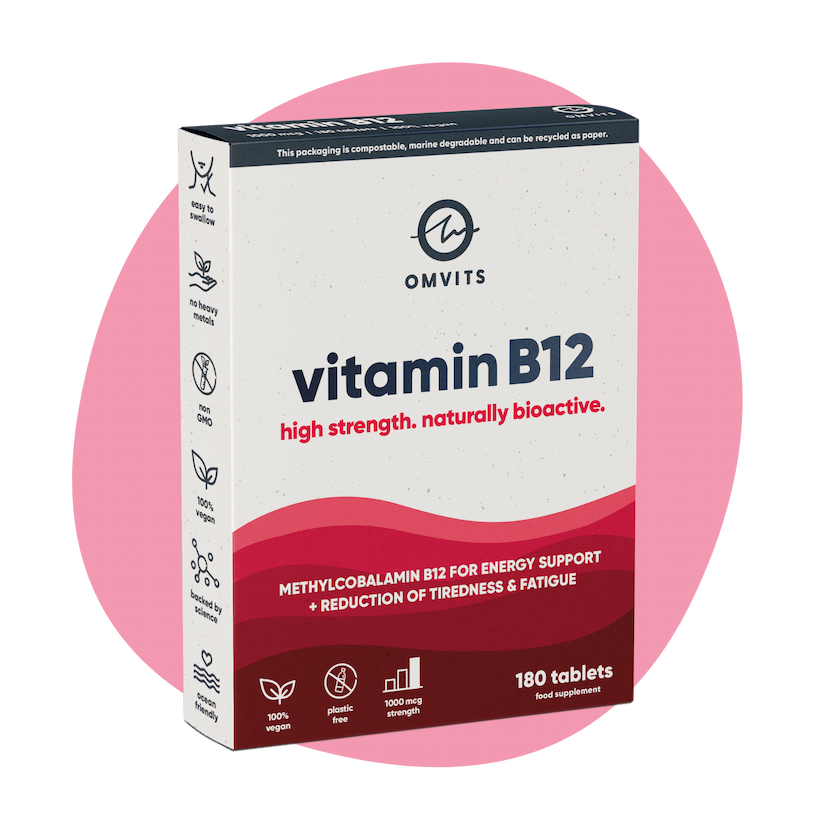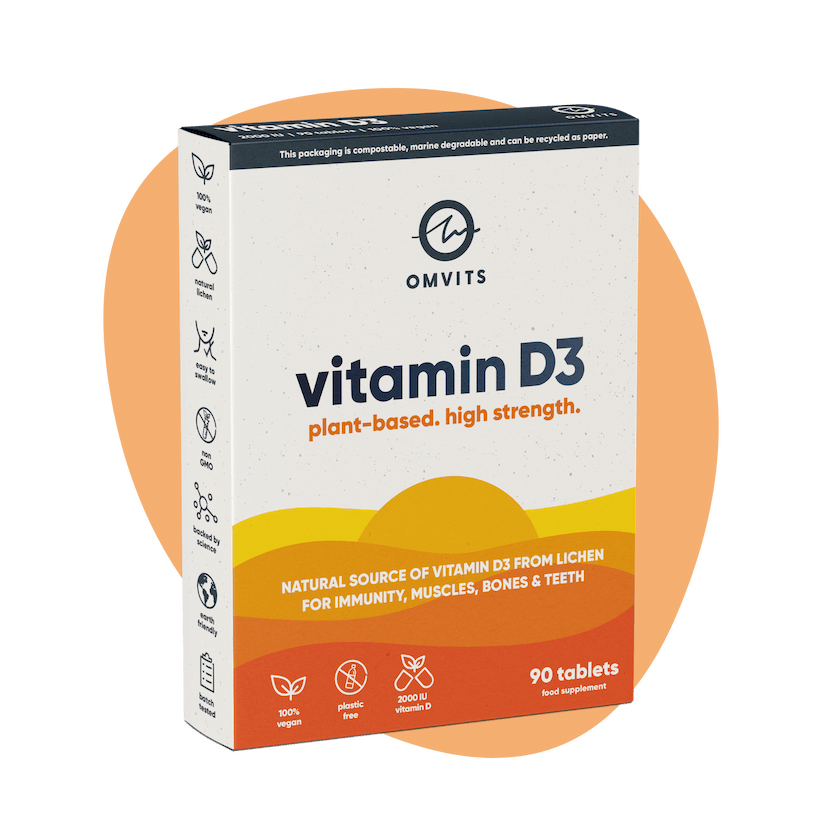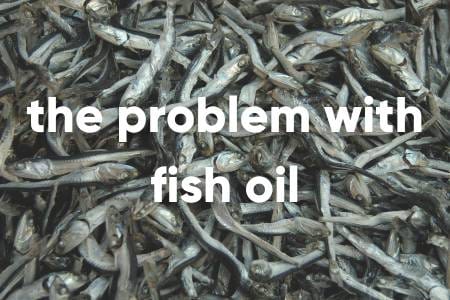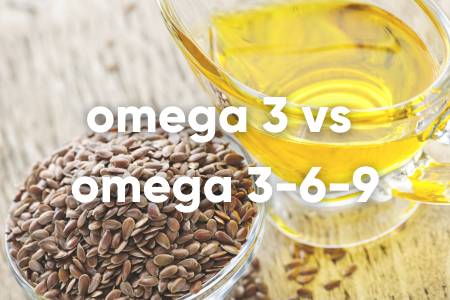FREE UK Delivery £25+
FREE UK Delivery £25+
Blog
about us
account
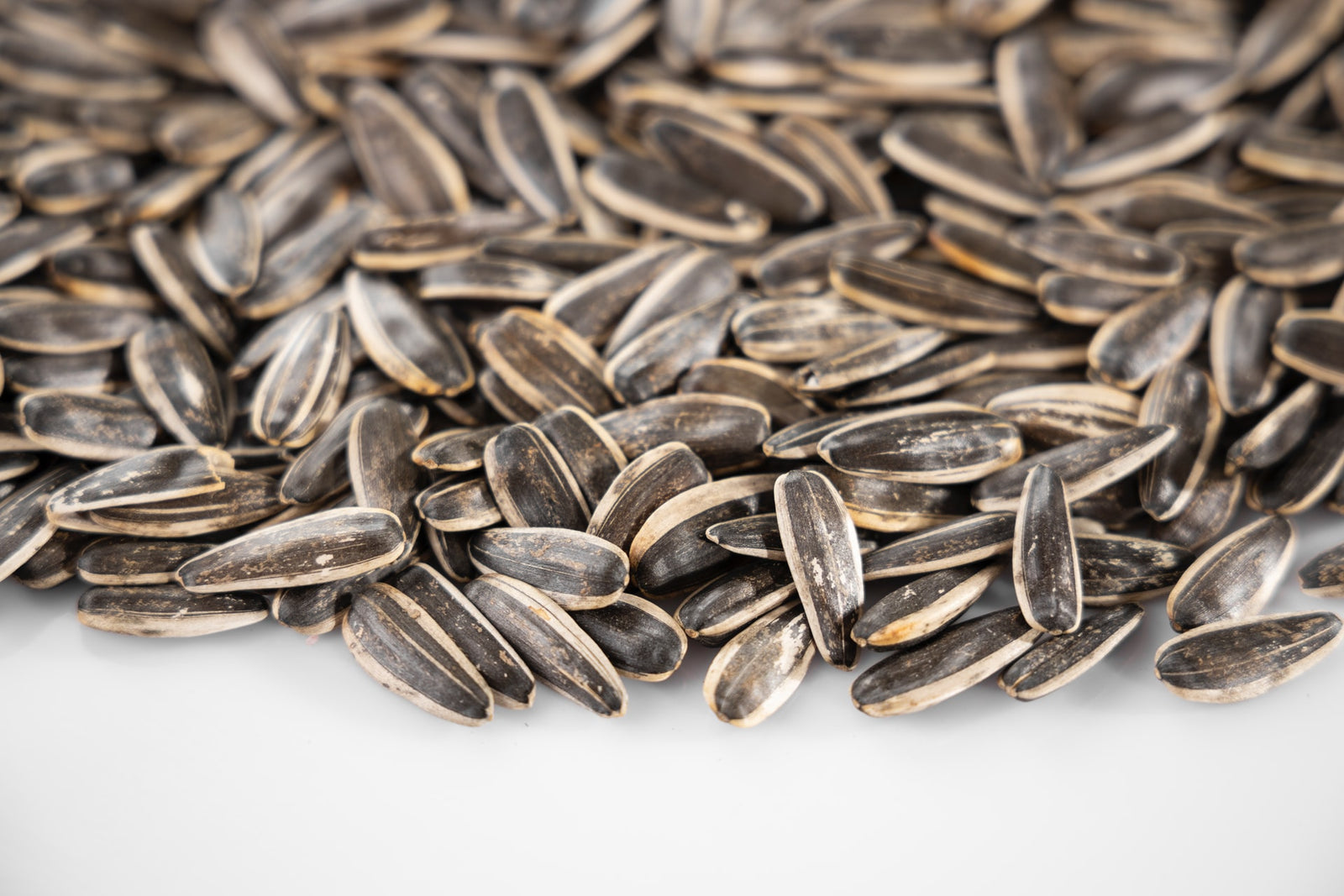
Are Omega-6 Fatty Acids Actually Important?
December 11, 2019 2 min read
Omega-6 fatty acids are an essential nutrient, but they’re considerably less useful than their Omega-3 cousins. They have a very similar chemical structure and they’re absorbed via very similar pathways.
There’s evidence to suggest that some Omega-6 fatty acids might support cardiovascular function and joint health (1), but they don’t have the same anti-inflammatory properties as Omega-3 fatty acids like DHA (2).
In fact, some Omega-6 fatty acids (including arachidonic and docosadienoic acid) are actually converted into a class of eicosanoids that’s thought to promote inflammation in your tissues (3) and that definitely isn’t a good thing!
To make matters worse, Omega-6 and Omega-3 fatty acids have to compete for the same digestive enzymes that are used to convert eicosanoids (2) which means that consuming too many Omega-6 fatty acids could actually interfere with the metabolisation of Omega-3.

It’s also worth keeping in mind that Omega-6 fatty acids are absolutely everywhere.
You’ll find them in nuts, seeds, grains and bread. As well as cereals, soy products and almost every type of vegetable oil, which means that most vegans are being bombarded with an overabundance of Omega-6 every single day.

https://unsplash.com/photos/H7I5LCBWOjQ
Now, we’re not saying that you should skip out on Omega-6 fatty acids completely. You do need a small amount to maintain the health of your joints, brain and heart. However, there’s a very good chance that your diet is already oversaturated with Omega-6 fatty acids, which means that you definitely want to focus on managing your Omega-3 intake.
Some health professionals think that people in the Western world consume far too much Omega-6, and suggest that our ever-decreasing Omega-3 intake is one of the principle drivers of chronic diseases like:
- Heart disease
- Diabetes
- Rheumatoid arthritis
- Certain forms of cancer
Which is why it's important to balance your Omega-3 and Omega-6 ratios correctly. If you’d like to read more about balancing your Omega-3 and 6 intake, you’ll find plenty of useful information in this post. You can also read more about the anti-inflammatory properties of Omega-3 fatty acids by clicking here.
SUMMARY: Omega-6 is an important nutrient, but it is very common in the western diet (including for vegans). Deficiency in Omega-6 is rare. Omega-3 and 6 compete for the same enzymes, so too much Omega-6 will interfere with the absorption of Omega-3. A combination of increasing your Omega-3 intake and decreasing Omega-6 is recommended.
References
(1) https://www.ncbi.nlm.nih.gov/pmc/articles/PMC6052655/
(2) https://ods.od.nih.gov/factsheets/Omega3FattyAcids-HealthProfessional/
Leave a comment
Comments will be approved before showing up.
Also in The Omvits Blog

The Power of Running: How a 200 Mile Run to Wales Became a Meaningful Journey for a Great Cause
May 03, 2023 3 min read
We interviewed Andrew Thomas, who was preparing for a 200-mile marathon from London to Wales to raise funds for Maggie's Cancer. Read the article to know more about his adventure!
Subscribe
Sign up to get the latest on sales, new releases and more …
Recent Articles
-
The Power of Running: How a 200 Mile Run to Wales Became a Meaningful Journey for a Great Cause
May 03, 2023
-
Sneaky Ingredients To Watch Out For If You're Vegan
January 11, 2022
-
How To Do Veganuary If You’re On A Super Tight Budget
January 11, 2022
-
How To Satisfy Meat & Fish Cravings During Veganuary
January 11, 2022
-
Common Pitfalls Of Veganuary And How To Avoid Them
January 11, 2022
-
Simple Nutrition Advice For Veganuary And Beyond
January 11, 2022
-
Best Vegan Meat Alternatives To Try This Veganuary
January 11, 2022
-
5 Ocean Friendly Clothing Brands To Check Out This Month
June 21, 2021
-
12 Incredible Ocean Conservationists To Support This June
June 16, 2021
-
How To Do Something For World Ocean Day If You Can't Get To A Beach
June 08, 2021

